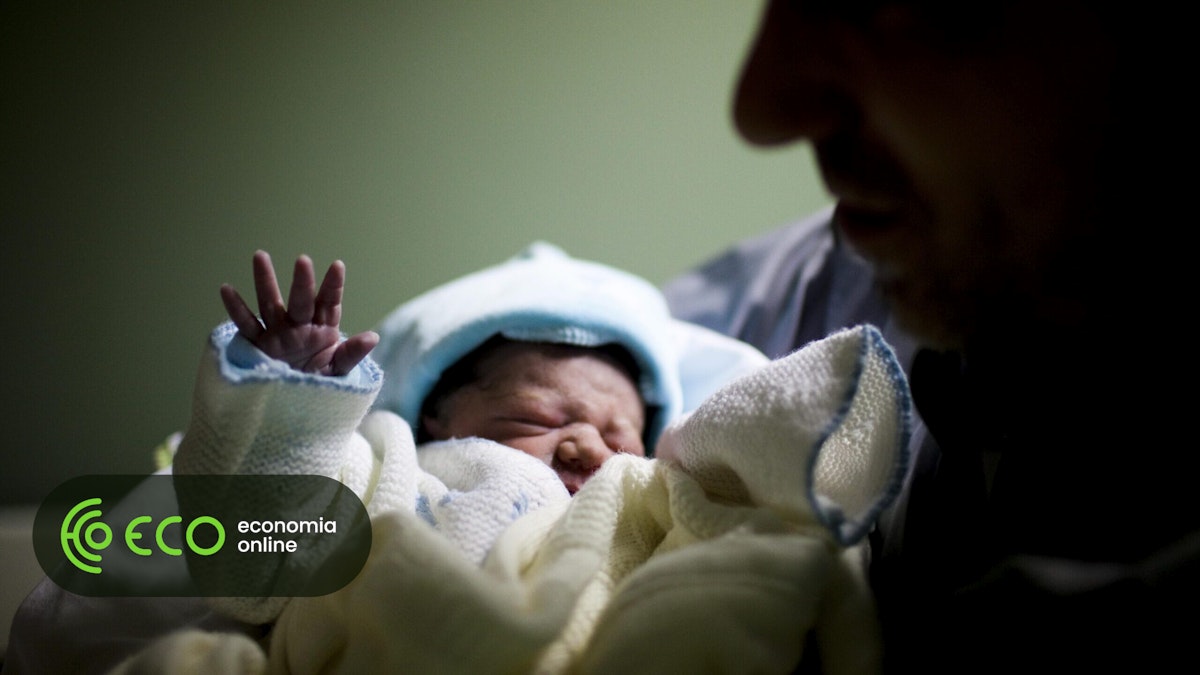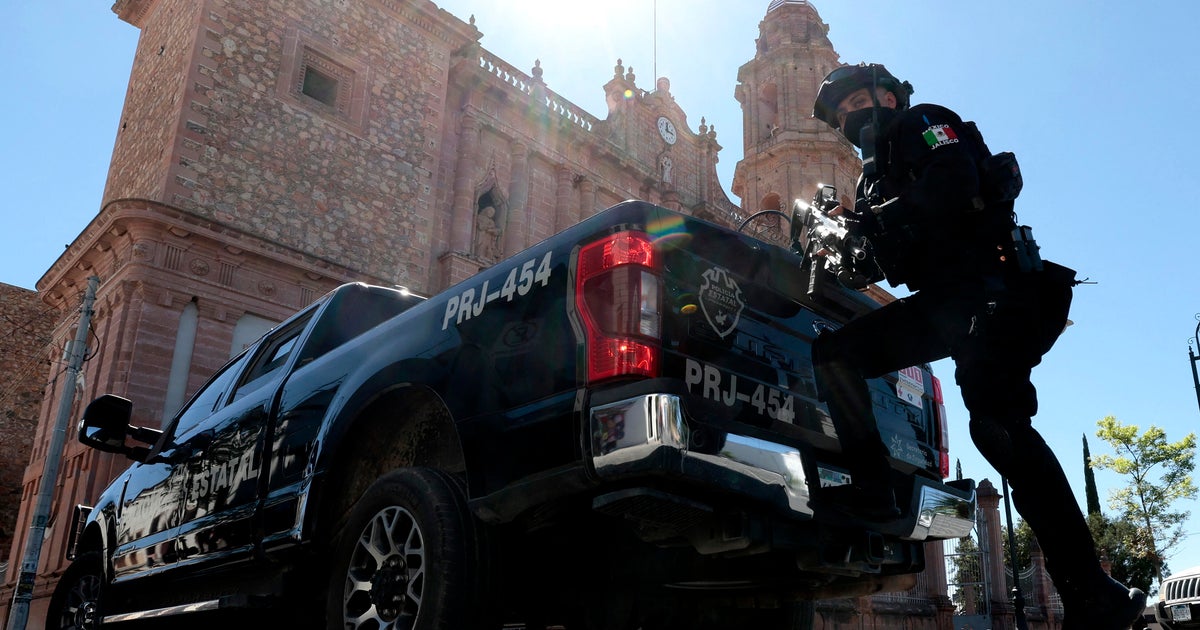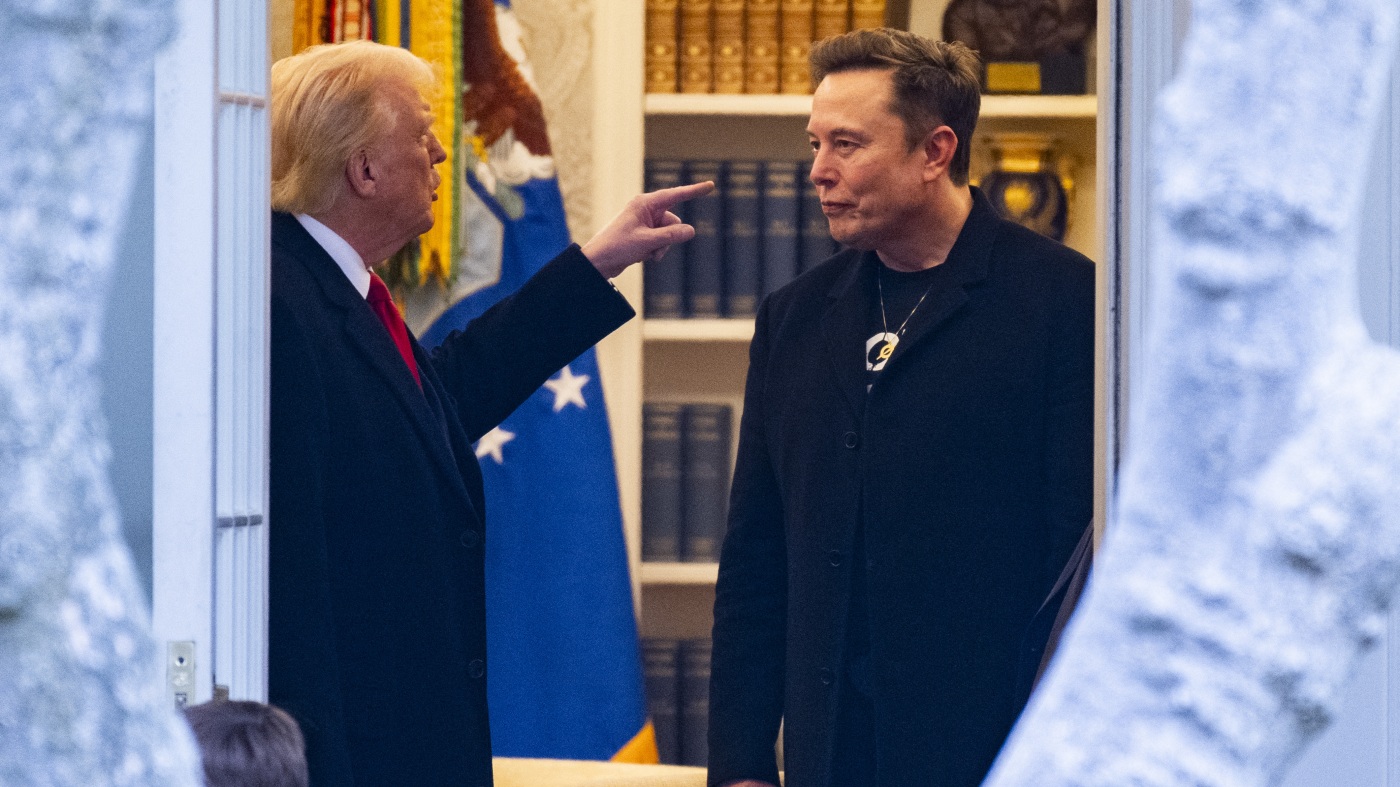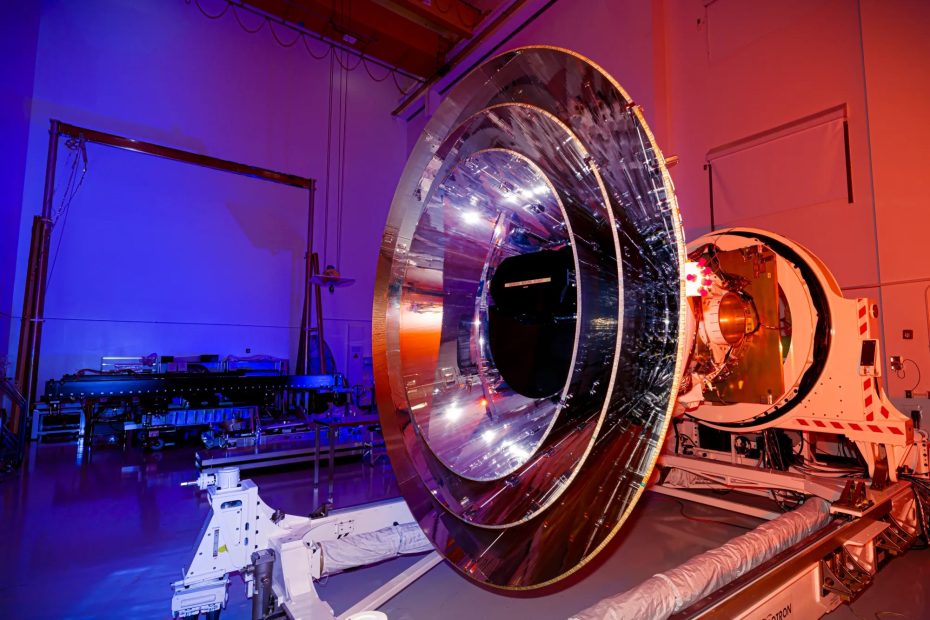NASA invites media to launch origins of universe, solar wind missions
Media certification will be given for the launch of two NASA missions that will explore the mysteries of the universe and the sun.
The agency plans to launch in late February its SPHEREx (Spectrophotometer for the History of the Universe, Era of Reionization and Ice Explorer) observatory, a space telescope that will create 3D maps of the entire sky to help scientists study the origins of the universe. our universe. NASA's PUNCH (Unified Coronal and Heliospheric Polarimeter) mission, which will study the origin of the solar outflow, or solar wind, will also fly into space with the telescope.
NASA and SpaceX will launch the missions using the company's Falcon 9 rockets from Space Launch Complex 4E at Vandenberg Space Force Base in California.
Accredited media will have access to a series of pre-launch briefings and interviews with key mission personnel, including launch week science briefings. NASA will communicate more details about the media event schedule as the launch date approaches.
Media interested in covering the conference must apply for media accreditation. The application deadline for U.S. citizens is 11:59 pm ET on Thursday, February 6, while international media without U.S. citizenship must apply by 11:59 pm on Monday, January 20.
NASA's media accreditation policy is available online. For questions about accreditation, please email: [email protected]. For other mission questions, please contact the newsroom at NASA's Kennedy Space Center in Florida at 321-867-2468.
For information about Spanish-language coverage of Kennedy Space Center or to request a Spanish-language interview, please contact Antonia Jaramillo at 321-501-8425 or Messod Bendayan at 256-930-1371.
The latest information on spacecraft launch preparations can be viewed on the agency's SPHEREx blog and PUNCH blog.
The SPHEREx mission will observe hundreds of millions of stars and galaxies in infrared light, a range of wavelengths invisible to the human eye. Using this map, SPHEREx will allow scientists to study inflation, the rapid expansion of the universe within a fraction of a second after the Big Bang. The observatory will also measure the collective glow from galaxies near and far, including light from hidden galaxies that have not been observed individually, and search for reservoirs of water, carbon dioxide and other key ingredients for life in our home galaxy.
The agency's PUNCH mission, launched in a rideshare with SPHEREx, consists of four suitcase-sized satellites that will orbit Earth's day and night lines to provide a comprehensive view of the sun and space. The four satellites will work together to map the sun's outer atmosphere, the corona, the solar wind, or areas where material from the sun is constantly flowing out.
The SPHEREx observatory is managed by NASA's Jet Propulsion Laboratory in Southern California for the Astrophysics Division of the agency's Science Mission Directorate in Washington. The mission's principal investigators are a joint effort between NASA's Jet Propulsion Laboratory and the California Institute of Technology. BAE Systems, formerly Ball Aerospace, builds the telescopes, provides the spacecraft bus and performs observatory integration. Scientific analysis of SPHEREx data will be conducted by a team of scientists from 10 institutions in the United States, 2 institutions in South Korea, and 1 institution in Taiwan. Data will be processed and archived at Caltech's IPAC. The SPHEREx dataset will be made publicly available.
The agency's PUNCH mission is led from Southwest Research Institute's office in Boulder, Colorado. The mission is managed for NASA's Science Mission Directorate by the Explorer Program Office at NASA's Goddard Space Flight Center in Greenbelt, Maryland. NASA's Launch Services Program, located at NASA Kennedy, manages launch services for the SPHEREx and PUNCH missions.
For more details about the SPHEREx mission and the latest updates on launch preparations, please visit:
-End-
Alice Fisher(SPHEREx)
Headquarters, Washington
202-617-4977
[email protected]
Sarah Fraser(PUNCH)
Goddard Space Flight Center, Maryland
202-853-7191
[email protected]
Laura Aguiar
Kennedy Space Center, Florida
321-593-6245
[email protected]










